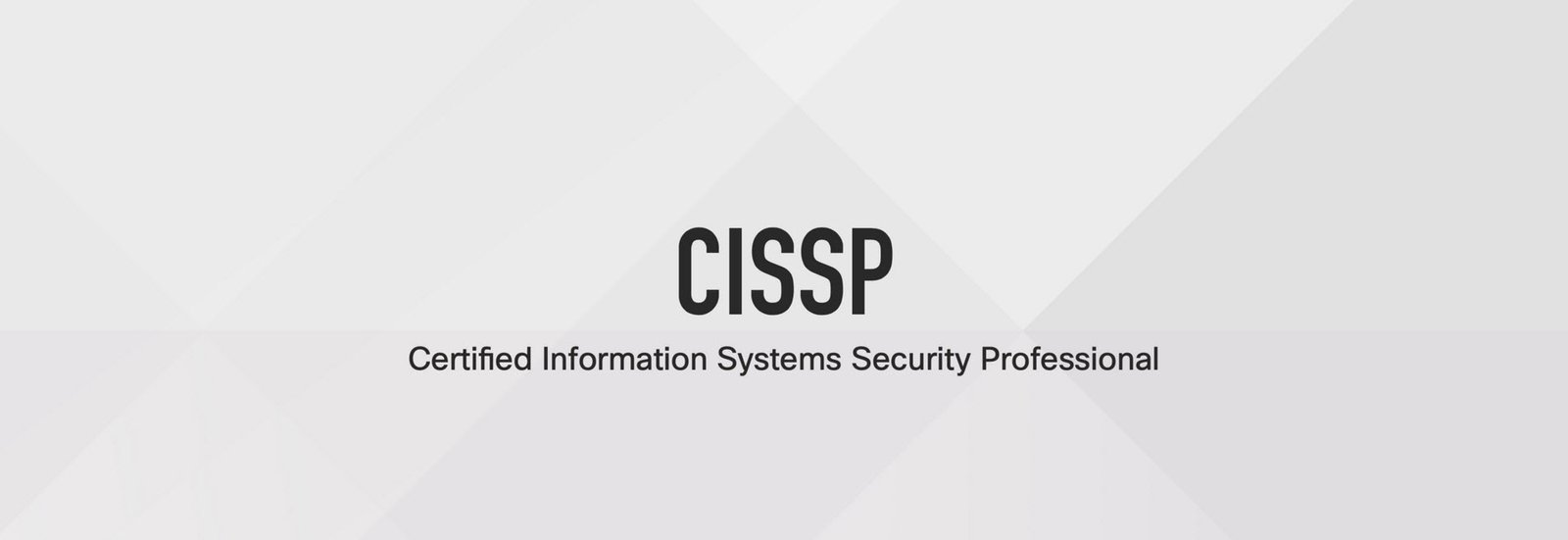
Hacking has always been a topic of intrigue, with its constant evolution and new techniques emerging. It’s a field that requires continuous learning and staying up-to-date with the latest trends and tactics. Books play an essential role in expanding one’s knowledge in the hacking field.
In this article, we will explore some of the most recommended hacking books.
- Advanced Penetration Testing (269 Pages)
- The Basics of Web Hacking (179 Pages)
- The Basics of Hacking and Penetration Testing (178 Pages)
- The Art of Deception by Kevin Mitnick (577 Pages)
- SQL Injection Attacks and Defense (761 Pages)
- Metasploit – The Penetration Tester’s Guide (332 Pages)
- Ethical Hacking and Penetration Testing Guide (523 Pages)
- Network Attacks and Exploitation – A Framework (219 Pages)
- Python Web Penetration Testing Cookbook (224 Pages)
- Wireshark for Security Professionals (391 Pages)
- Mastering Modern Web Penetration Testing (298 Pages)
- The Shellcoder’s Handbook (745 Pages)
- The Little Black Book of Computer Viruses (183 Pages)
- XSS Attacks – Cross Site Scripting Exploits and Defense (482 Pages)
- The Web Application Hacker’s Handbook (771 Pages)
- Ethical Hacking and Countermeasures (239 Pages)
- Reversing – Secrets of Reverse Engineering (619 Pages)
- Network Security Bible (697 Pages)
- Hacking Web Applications – Hacking Exposed (416 Pages)
- Hacking for Dummies (387 Pages)
1. “Advanced Penetration Testing” by Wil Allsopp is a comprehensive guide that provides an in-depth understanding of the latest penetration testing techniques. The book covers topics like network reconnaissance, exploitation, and post-exploitation techniques, among others.
2. “The Basics of Web Hacking” by Josh Pauli is an excellent starting point for beginners who want to learn the basics of web hacking. The book covers topics like SQL injection, cross-site scripting, and server-side attacks.
3. “The Basics of Hacking and Penetration Testing” by Patrick Engebretson is a beginner-friendly book that covers the fundamental concepts of hacking and penetration testing. The book is ideal for readers who want to start with the basics and work their way up.
4. “The Art of Deception” by Kevin Mitnick is an eye-opening book that reveals how hackers can use social engineering to manipulate people and access confidential information. Mitnick shares his experiences and tactics in the book, making it an informative read for both beginners and experienced professionals.
5. “SQL Injection Attacks and Defense” by Justin Clarke is a comprehensive guide that covers everything you need to know about SQL injection attacks. The book provides step-by-step instructions on how to identify and defend against SQL injection attacks.
6. “Metasploit – The Penetration Tester’s Guide” by David Kennedy, Jim O’Gorman, Devon Kearns, and Mati Aharoni is an essential guide for using Metasploit, a popular hacking tool. The book provides a detailed understanding of the tool’s features and how to use them effectively.
7. “Ethical Hacking and Penetration Testing Guide” by Rafay Baloch is a beginner-friendly book that provides a step-by-step guide to ethical hacking and penetration testing. The book covers topics like foot-printing, scanning, and exploitation.
8. “Network Attacks and Exploitation – A Framework” by Matthew Monte is a comprehensive guide that covers various network attacks and how to defend against them. The book provides a detailed understanding of the different phases of an attack and how to detect and respond to them.
9. “Python Web Penetration Testing Cookbook” by Cameron Buchanan is an essential guide for web developers who want to test their applications for security vulnerabilities. The book provides step-by-step instructions on how to use Python to automate penetration testing.
10. “Wireshark for Security Professionals” by Jessey Bullock and Jeff T. Parker is an essential guide for network administrators and security professionals who want to use Wireshark for packet analysis. The book provides a comprehensive understanding of the tool’s features and how to use them effectively.
11. “Mastering Modern Web Penetration Testing” by Prakhar Prasad is a comprehensive guide that covers modern web application penetration testing techniques. The book provides a detailed understanding of the latest web application vulnerabilities and how to exploit them.
12. “The Shellcoder’s Handbook” by Chris Anley, John Heasman, Felix Lindner, and Gerardo Richarte is an essential guide for advanced hackers who want to understand the intricacies of shellcode development. The book provides a comprehensive understanding of how to write and execute shellcode.
13. “The Little Black Book of Computer Viruses” by Mark Ludwig is a classic book that provides a comprehensive understanding of computer viruses. The book covers the history of computer viruses, how they work, and how to defend against them.
14. “XSS Attacks – Cross Site Scripting Exploits and Defense” by Seth Fogie, Jeremiah Grossman, and Robert Hansen is a comprehensive guide that covers everything you need to know about cross-site scripting (XSS) attacks. The book provides a detailed understanding of the different types of XSS attacks and how to defend against them.
15. “The Web Application Hacker’s Handbook” by Dafydd Stuttard and Marcus Pinto is a comprehensive guide that covers web application security testing techniques. The book provides a detailed understanding of how web applications work, how they can be exploited, and how to defend against attacks.
16. “Ethical Hacking and Countermeasures” by EC-Council is a comprehensive guide that covers ethical hacking and countermeasures. The book provides a detailed understanding of how to conduct ethical hacking and how to defend against attacks.
17. “Reversing – Secrets of Reverse Engineering” by Eldad Eilam is an essential guide for advanced hackers who want to understand the intricacies of reverse engineering. The book provides a comprehensive understanding of how to reverse engineer software and how to exploit vulnerabilities.
18. “Network Security Bible” by Eric Cole is a comprehensive guide that covers network security. The book provides a detailed understanding of how networks work, how they can be exploited, and how to defend against attacks.
19. “Hacking Web Applications – Hacking Exposed” by Joel Scambray, Mike Shema, and Caleb Sima is a comprehensive guide that covers web application hacking techniques. The book provides a detailed understanding of the different types of web application vulnerabilities and how to exploit them.
20. “Hacking for Dummies” by Kevin Beaver is a beginner-friendly book that covers the fundamentals of hacking. The book provides a basic understanding of how hacking works, the different types of attacks, and how to defend against them.
In conclusion, these hacking books are some of the most recommended and comprehensive resources for learning about hacking and penetration testing. Whether you are a beginner or an experienced professional, these books offer valuable insights and techniques to expand your knowledge and skills in the field of hacking.
It’s important to remember that ethical hacking and responsible use of these techniques are essential for maintaining the security and privacy of individuals and organizations.
You may also like:- The Ultimate List: 100+ Cybersecurity Books To Read Before You Die (Free PDF Download)
- 17 Best Cryptography Books – Free Download (PDF)
- Top 25 Neural Networks Books to Read in 2024 – Free Download
- Best CISSP Books To Read To Crack The Exam – Free Download (PDF)
- Top 30 Artificial Intelligence (AI) Books – Free Download
- Top 12 Data Science Books – Free Download
- 8 Must-Read Machine Learning Books
- 6 Free eBooks to Learn Web Development
- Top 7 Must-Read Cybersecurity Books to read in 2024
- Top 32 Learning Resources For Version Control Systems








